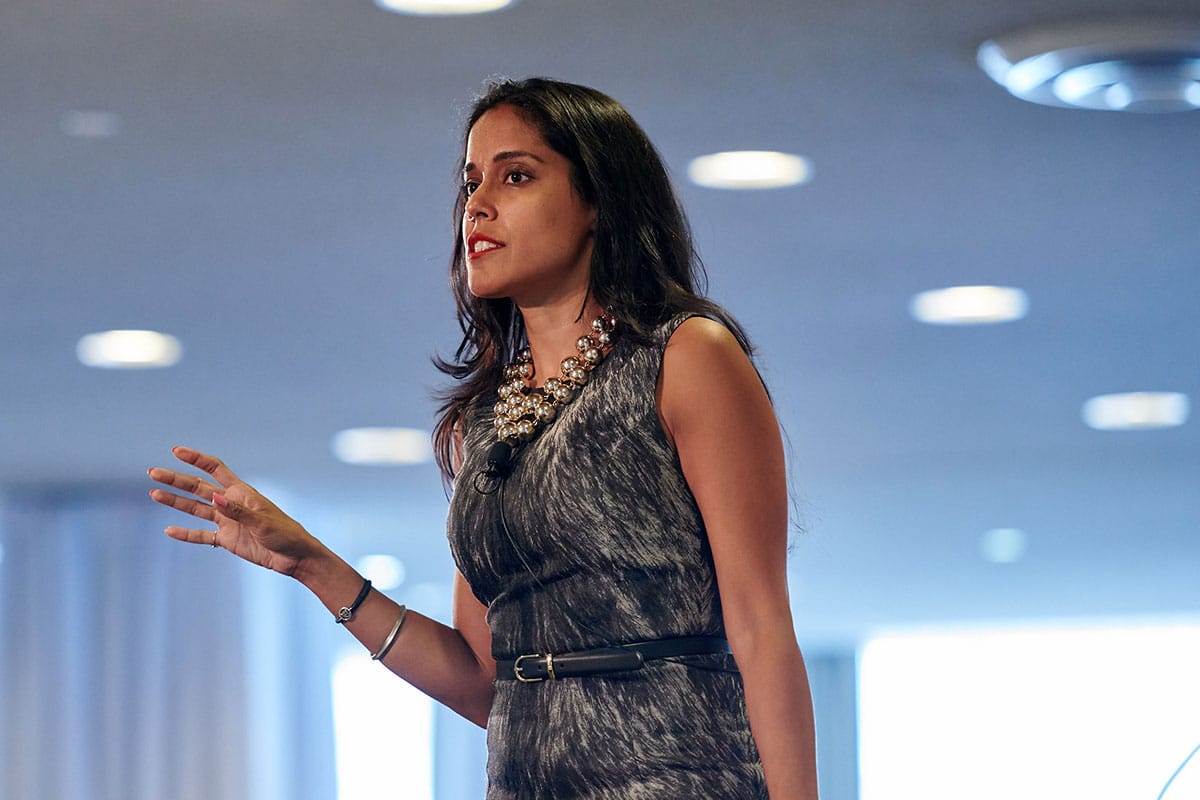
Two years ago, the concept of the hybrid workplace was barely discussed. Although there was a shift in some industries towards more flexible styles of working, it wasn’t until the pandemic hit that organizations globally were forced into virtual work and hybrid working entered our collective conscious.
Now, just as burnout and “The Great Resignation” are part of our shared vocabulary, hybrid working has become the norm for many organizations. But just as the sudden shift to virtual work led to unforeseen diversity, equity and inclusion (DEI) challenges that many leaders weren’t prepared for, this new change presents its own challenges.
There is a very real risk to DEI experiences if leaders do not pause to reflect on how to adjust how they manage and lead in this new environment. Here are three ways organizations can ensure that their hybrid work plans are as inclusive as possible.
1. Double Down on Your DEI Efforts
It likely won’t be a surprise to anyone that the demographic most eager to return to in-person work is white men (about one-third of white men want to go back to the office full time), considering that “traditional” workplaces were created by and for this group. In order to ensure that every individual within your team feels comfortable, confident and empowered in their work, new DEI policies, company-wide training and more will be more important than ever to ensure that all team members feel included and supported during the transition back to in-person work.
2. Cultivate Psychological Safety
Psychological safety refers to an individual’s ability to speak up in the workplace about matters of personal and professional importance without fear of reprisal. It’s about trusting our leaders, feeling accepted despite our dissenting views or personal challenges and having the ability to be our Authentic Selves at work. Creating a culture of psychological safety also fosters trust, collaboration, feelings of belonging, team connection and more — all of which are critical for an inclusive hybrid environment.
3. Focus on Authentic Leadership
Authenticity is the key building block for creating an inclusive hybrid workplace — one where everyone feels that they can bring their whole self to work and, in particular, what makes them different. In difficult moments especially, leaders who are authentic in how they behave — who share the difficulties they too may be facing with the transition to hybrid and in-person work — are more likely to create inclusive, empowered and innovative teams.
While each of these actions can have an impact on creating a hybrid workplace that feels inclusive and supportive, by incorporating all three into your hybrid work planning you’ll ensure that your DEI efforts last far beyond this transitional moment.
And while this change may feel difficult, know that the team at bci is here to support our clients during this exciting shift. Check out our free webinars and tip sheets, our monthly Evolution newsletter and more to help make this transition a smooth one.
Sign up for bci’s mailing list to get the latest diversity, equity and inclusion insights right to your inbox every month.
The bci team primarily works from lands that are part of the Dish With One Spoon Territory, a treaty between the Anishinaabe, Mississaugas, and Haudenosaunee that brought these communities together to share, serve, and protect these lands.
bci is deeply committed to honoring the spirit of this treaty, and we recognize our privilege in enjoying the benefits of these lands, which supports all that we do. We’re passionately focused on undertaking our work in alignment with the values of Truth and Reconciliation, and we actively seek to decolonize societal and workplace systems, as well as our individual behaviors.
Komal is bci’s Senior DEI Consultant and Mental Health Expert-in-Residence and an accomplished DEI facilitator, coach, and strategist. Komal has over 20 years of experience in providing strategic and advisory guidance and program development across a range of sectors, with a particular concentration in mental health and racial inclusion. Komal is also the founder of Insayva Inc., a social enterprise focused on providing accessible DEI and health equity support to charities and non-profit organizations.
Komal has extensive experience in creating and delivering programming in a range of leadership and DEI areas, including mental health inclusion, psychological safety, empathy, relationship repair, allyship, and cultural competence. She is passionate about driving transformational change in workplaces and has worked closely with bci clients – corporations, professional service firms, health care providers, and educational institutions – to embed cultures of inclusion within their organizations.
Komal has provided one-on-one inclusion coaching to hundreds of senior leaders and brings a unique approach that is informed by her background as a therapist. She is able to expertly handle sensitive conversations and situations and works with leaders to develop the knowledge and skills necessary to advance racial/ethnocultural, gender, and mental health-related equity across teams and organizations. Komal also offers a performance coaching program designed specifically for BIPOC leaders. This program aims to help BIPOC leaders harness their place, position, and identity to thrive in the workplace and beyond. Komal is a qualified administrator of the Intercultural Development Inventory (IDI).
As bci’s Mental Health Expert-in-Residence, Komal offers tremendous expertise around workplace mental health. As a doctoral trained mental health clinician, certified health executive, and registered social worker, Komal has assisted organizations looking to advance employee mental health inclusion and well-being through offering programming on inclusive dialogue, anti-stigma, burnout prevention, psychological safety, resilience, and self-care. Komal is committed to advancing mental health and wellness across the life course; she currently serves on the board of the Alzheimer’s Society of Ontario and previously served on the boards of Children’s Mental Health Ontario and the YMCA of Greater Toronto.
When Komal is not working, you’ll find her painting, cooking, or snuggling with her cats.